The term ‘quantum entanglement’ refers to quantum particles being interdependent even when separated, to put it in exceedingly simple terms. Because this behaviour was so at odds with his understanding of the laws of physics, Albert Einstein called the phenomenon ‘spooky action at a distance’. And because it is so hard to square with our own lived experience, it is often used as one of the foremost examples of ‘quantum weirdness’. In this expansion on a previous Royal Institution presentation, the UK science writer Philip Ball details a metaphor devised in the 1990s by Sandu Popescu, professor of physics at the University of Bristol, and Daniel Rohrlich, a physics researcher and lecturer at Ben-Gurion University of the Negev, to help bring our current best understanding of quantum entanglement into focus. In doing so, Ball also provides an enlightening window into physicists’ evolving understanding of the quantum world throughout the 20th century.
Quantum entanglement is tough to dumb down, but this analogy can help detangle it
Video by The Royal Institution
Producer: Anand Jagatia
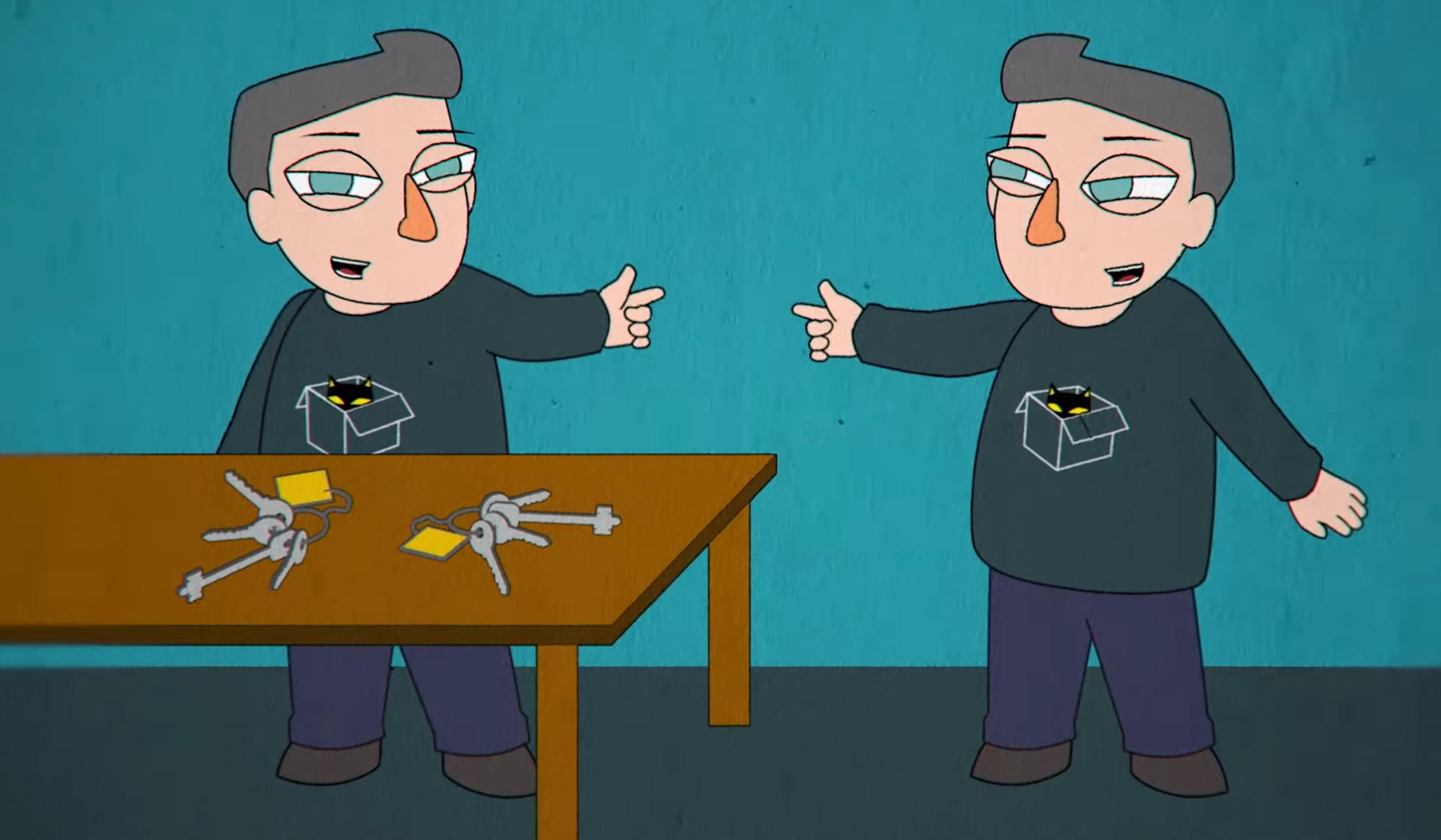
videoQuantum theory
Why aren’t our everyday lives as ‘spooky’ as the quantum world?
7 minutes
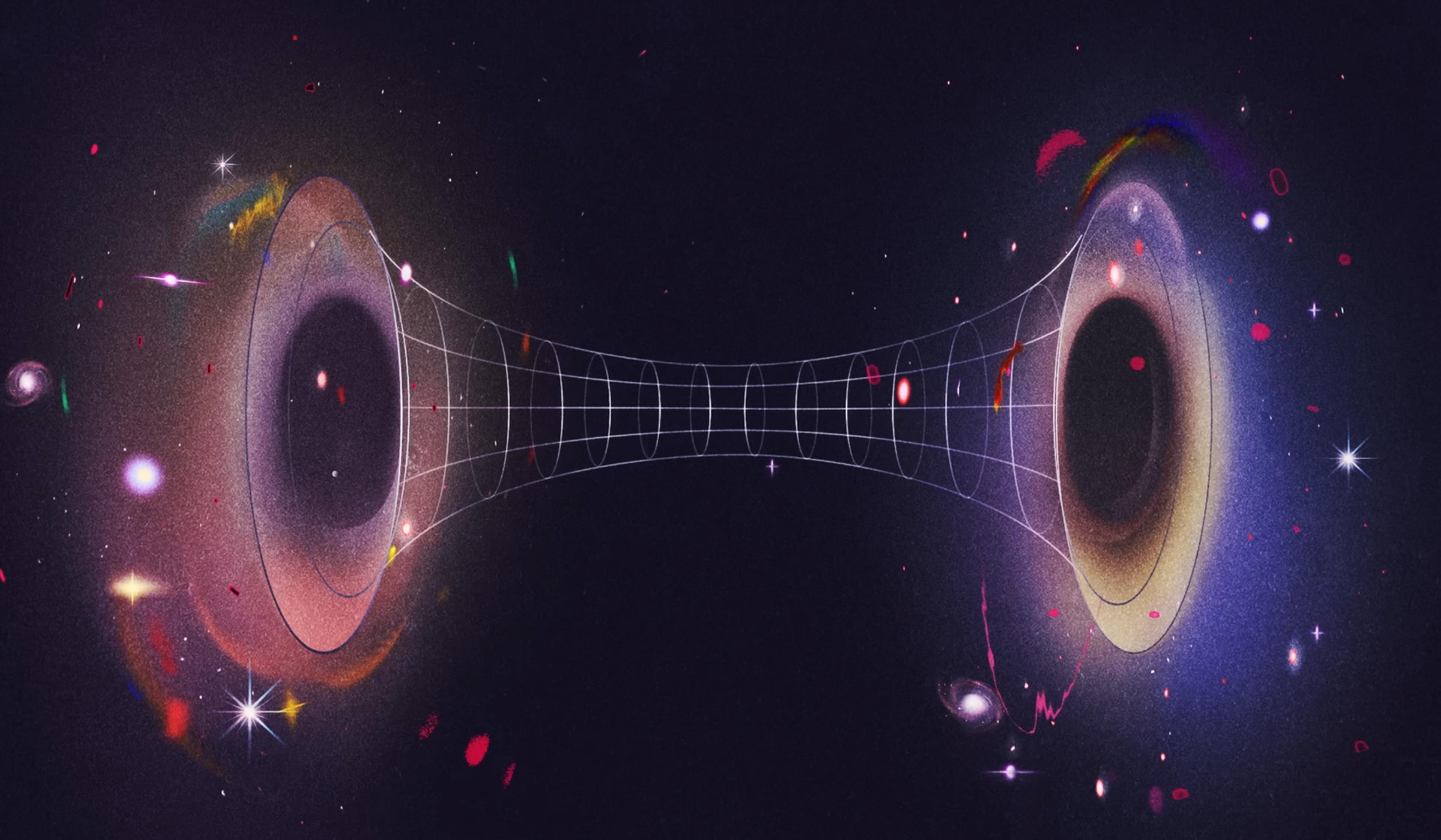
videoPhysics
The tangled tale of how physicists built a groundbreaking wormhole in a lab
17 minutes
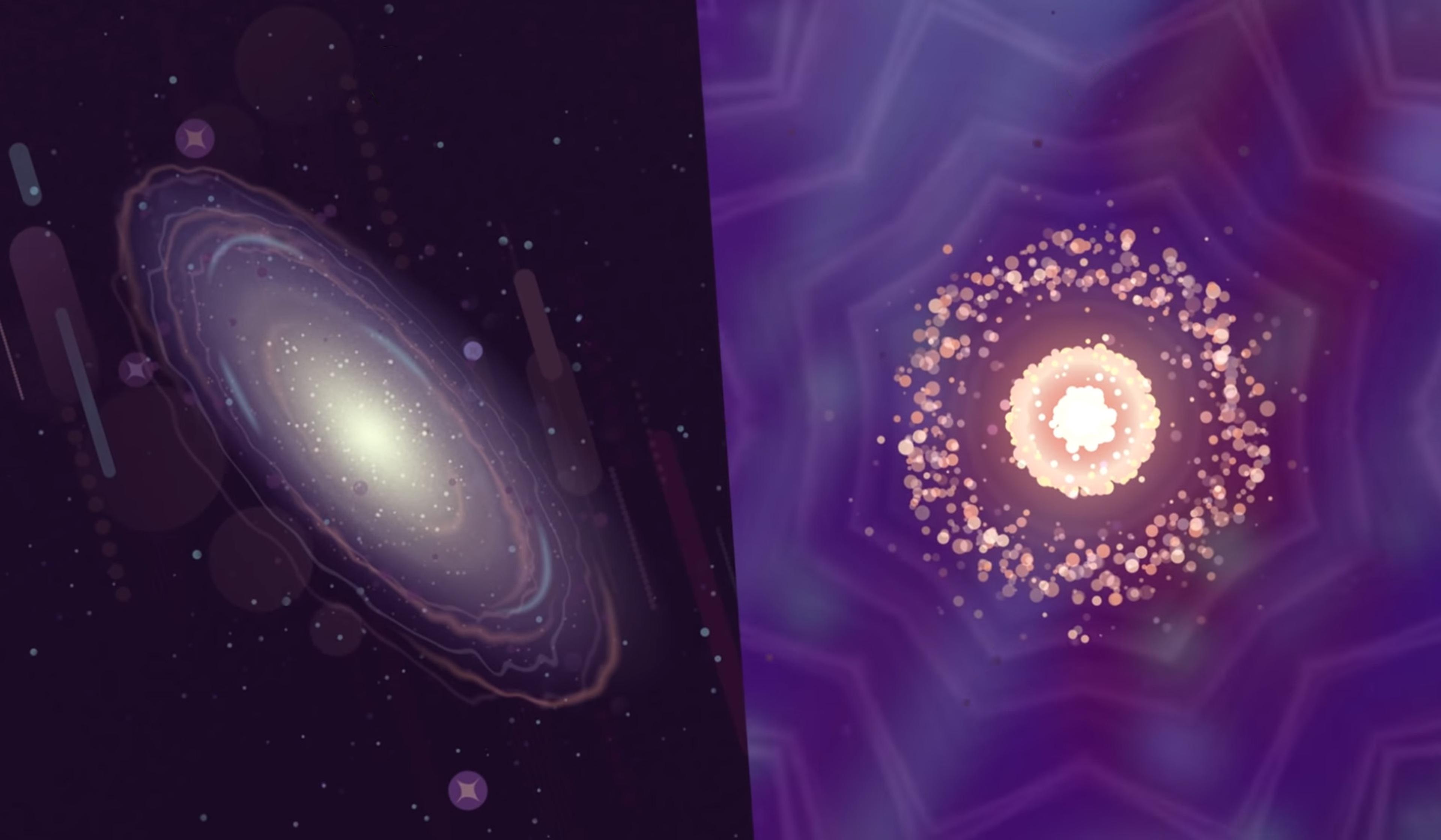
videoPhysics
There’s a striking link between quantum and astronomic scales. What could it mean?
5 minutes

videoQuantum theory
Mind-bending new quantum experiments are blurring past, present and future
10 minutes

videoHistory of ideas
Splitting the truth: the philosopher that physics forgot
4 minutes

videoQuantum theory
The physics revolution that started with the flicker of a lightbulb
4 minutes
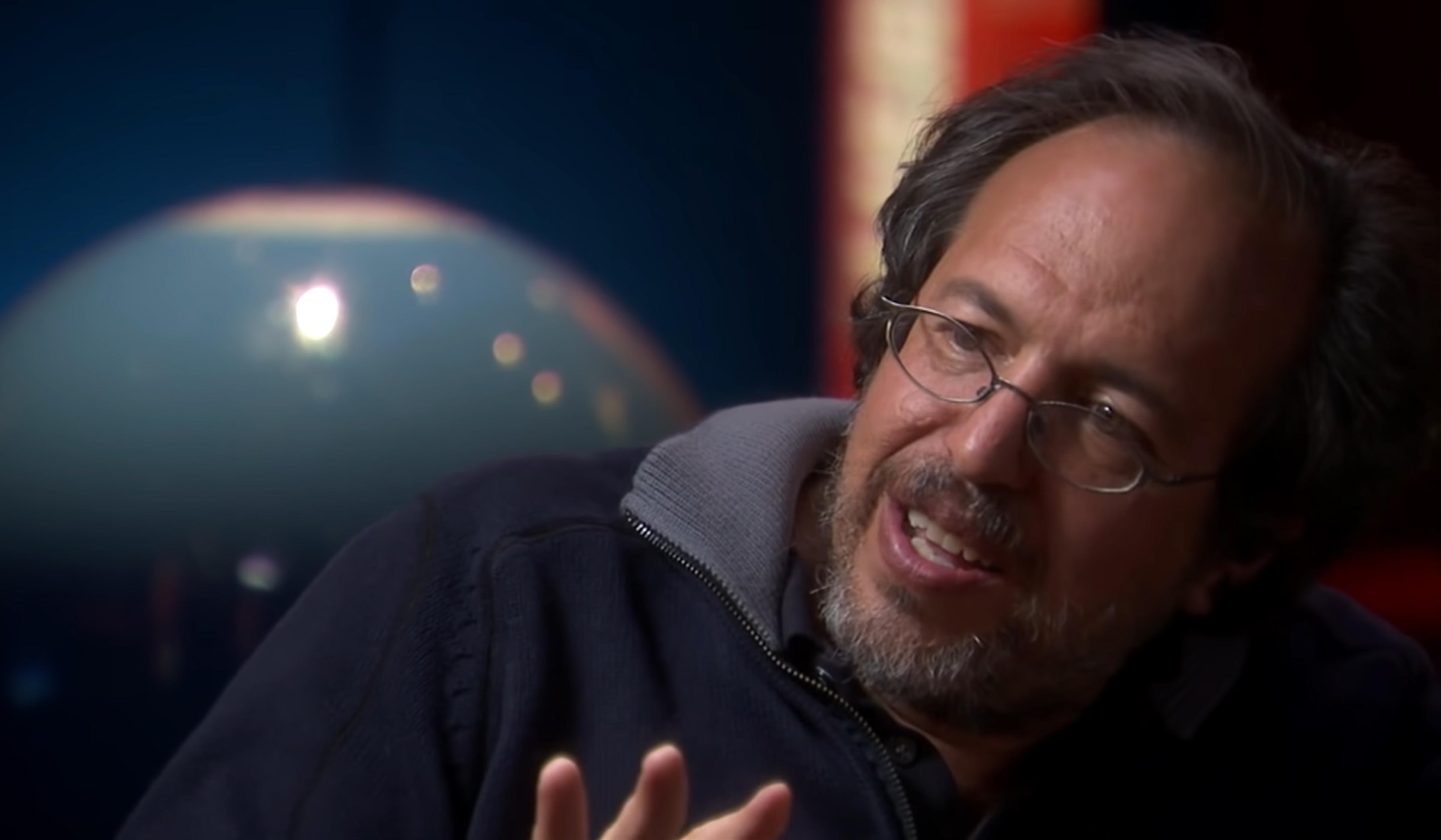
videoPhysics
Time is fundamental, space is emergent – why physicists are rethinking reality
9 minutes
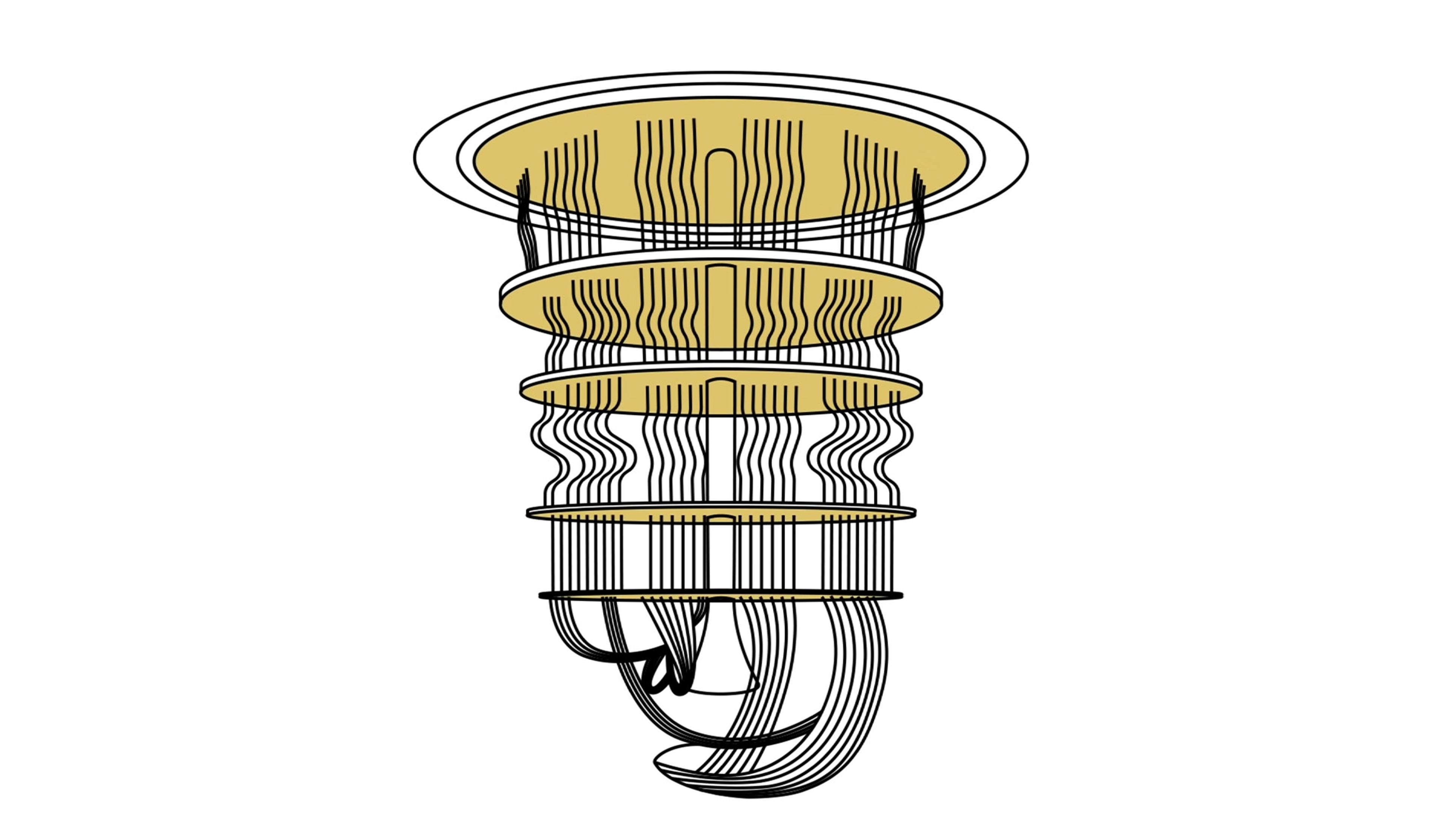
videoComputing and artificial intelligence
From ‘chandeliers’ to entangled qubits, here’s what happens inside a quantum computer
9 minutes

videoPhysics
Logic tells us that antimatter should have annihilated the Universe. So why hasn’t it?
4 minutes